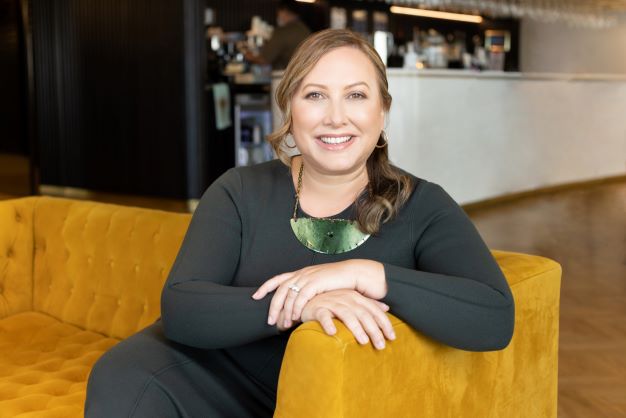By Marisa Bidois,
Chief Executive Officer of the Restaurant Association of New Zealand.
Just as we are making carefully considered decisions around how and where we spend our time and our money, so too are out customers.
Some of the lifestyle changes triggered by the pandemic were temporary while others may have more staying power.
In 2023 and beyond we find ourselves in a world where social interaction has dramatically changed and with accelerated adoption of technology.
We are now also dealing with rising cost of living which is having an impact not only on discretionary spending but also on crime levels. Interactions between customers and staff are sometimes more tense as people deal with the fallout of the challenges they are now facing.
There has been a shift in what people prioritize and want from their lives. The experience of living through a global health crisis and the resulting changes and challenges have prompted people to re-evaluate their values, goals, and perspectives.
Personal wellbeing, relationships, work life balance, purpose and meaning, adaptability and resilience, simplicity and sustainability. These are now core values by which current and future generations are measuring themselves against.
It was through this lens that our Hui panellists and speakers considered how we might reimagine our businesses for the future.
And the future has arrived in the form of Generation Alpha who is much more engaged in what it eats than previous generations.
In his presentation “forget about Gen Z, how do we prepare for Gen Alpha’, food futurist Tony Hunter highlighted the range of issues this generation will consider when it comes to what to have for dinner. From food shortages to 3D printed food, the consideration set for this generation of diners may be vast.
Born after 2010, Generation Alpha kicked off the same year that Apple launched its iPad. This generation have been surrounded by technology from the get-go and view digital tools as an integral part of the way they live their lives.
Hunter pointed out that Gen Alpha has an outsized influence on family purchasing.
Where once children were seen and not heard, Hunter informed us that a large percentage of parental purchases are influenced by their children.
The choices that digital technology has afforded them is now being extended into the food space with this generation expecting a level of personalisation not seen in previous generations.
Keynote speaker Chip Klose invited us to develop a unique selling point that will enable us to sell our products at a higher price point through tapping into the luxury mindset – one in which people are prepared to wait for an hour on the street for a slice of authentic New York pizza from Di Farra’s in Brooklyn or pay more for a negroni that comes with an element of theatre.
As a restaurant strategist Klose has identified the all too common issue of a commodity mindset in restaurateurs. One in which we fight it out on price but fail to deliver a unique experience that would see price become less relevant.
In a time when discretionary income is under pressure, we must not forget that dining out is a luxury experience and that if we fail to differentiate ourselves, we fall into the trap of being seen as a commodity.
As he closed his presentation, Klose dared us to consider what we would do differently in our businesses if we were forced to charge double for our product and then invited us to make those changes today.
Food Hui offers us an opportunity to reflect on the challenges we’ve faced but also to imagine the future.Participating in active learning allows us to seed the opportunities of today and stay at the forefront of change.
By working alongside our fellow hospitality community we can shift the future of our industry to a place that serves us all better.
Thank you to everyone who came out to support our Hospo Hui, we hope you found it nourishing.








